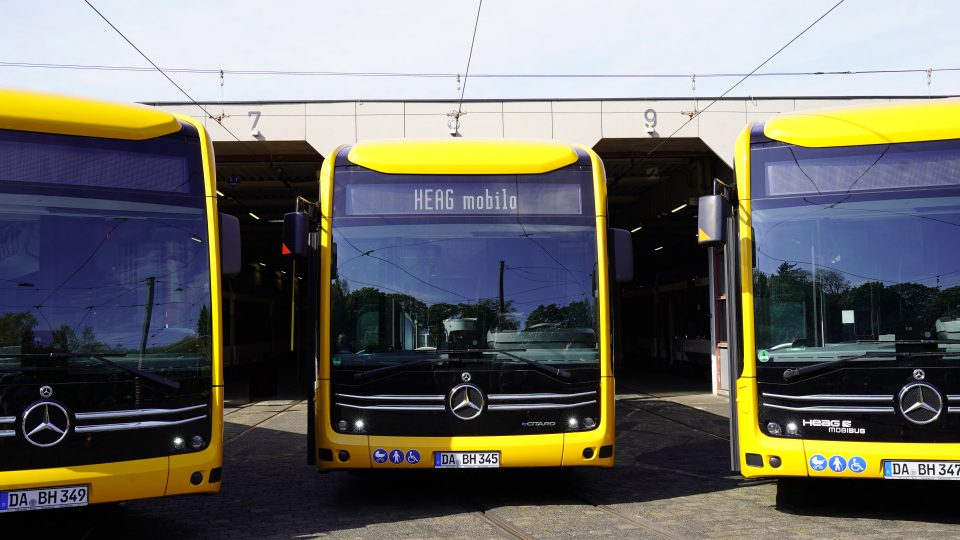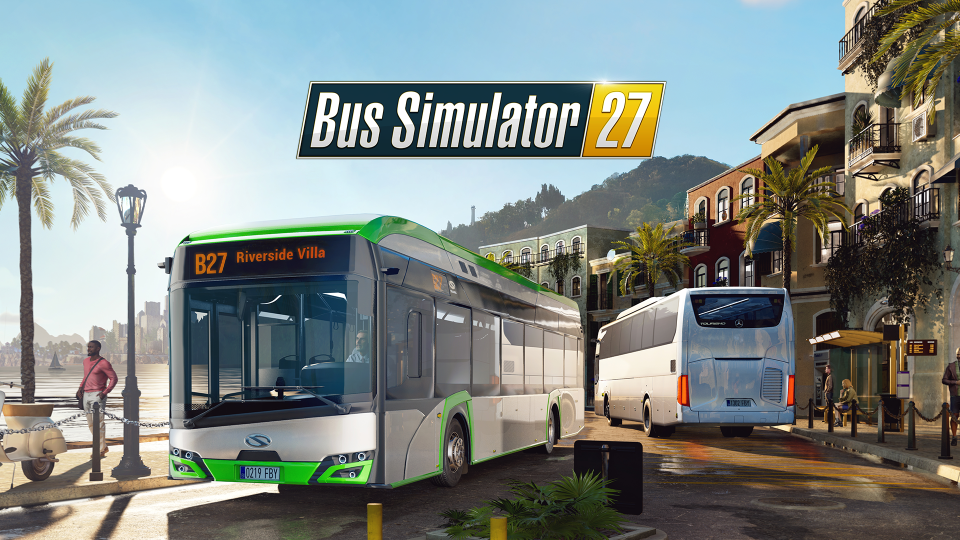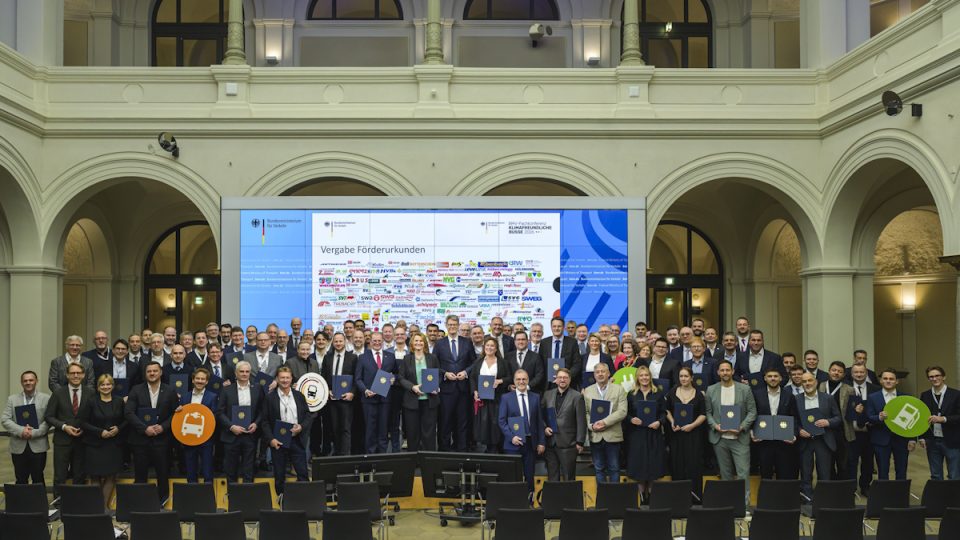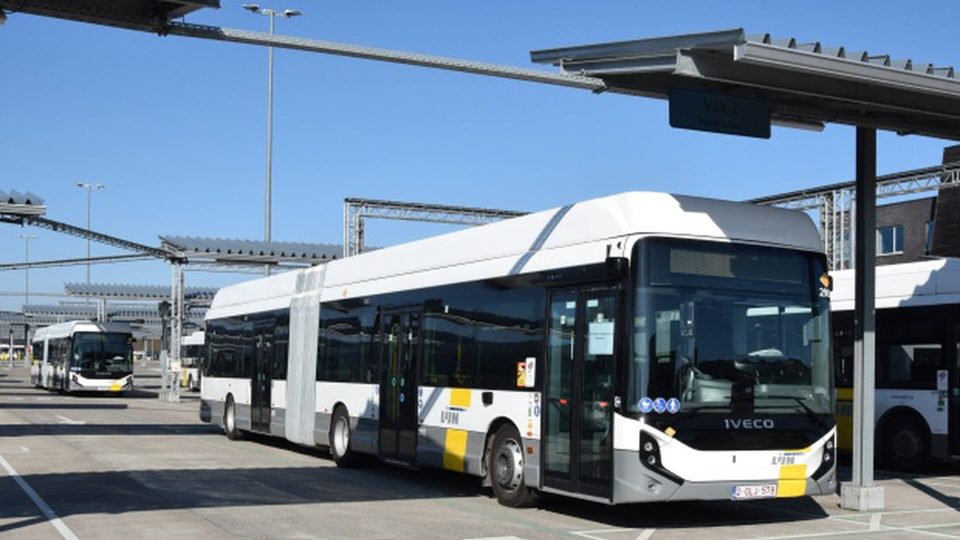Used e-bus batteries gains a 2nd life in storage: Nobina kicks off new project with STABL Energy
Scandinavian public transport company Nobina AB has entered a partnership with STABL Energy: decommissioned e-bus batteries will be repurposed in storage systems rather than subjected to recycling. Similar projects were launched in the past in Sweden, Poland, Spain and the Netherlands. Following a successful pilot project, battery storage systems will be installed in the countries […]
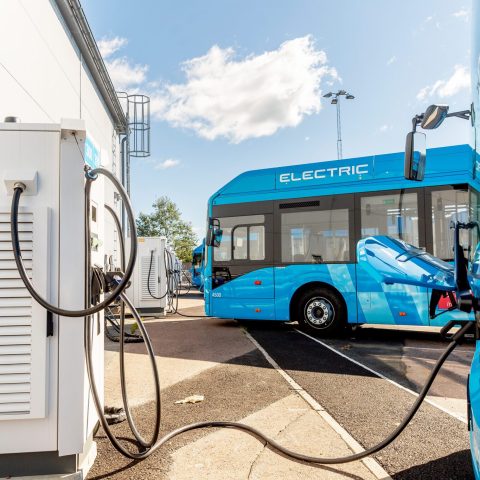
Scandinavian public transport company Nobina AB has entered a partnership with STABL Energy: decommissioned e-bus batteries will be repurposed in storage systems rather than subjected to recycling. Similar projects were launched in the past in Sweden, Poland, Spain and the Netherlands.
Following a successful pilot project, battery storage systems will be installed in the countries where Nobina operates and managed by Nobina to support the grid, STABL Energy states in a press note. Additionally, local grids will be stabilized, and excess electricity will be available for trading on the spot market.
Nobina is the largest bus fleet operator in the Nordic region, operating in Sweden, Finland, Norway, and Denmark. Nobina currently has more than 1,000 e-buses in its total fleet of 5,000 buses, with an estimated total battery capacity of around 500 MWh, the partners state.
STABL Energy – Nobina: reusing e-bus batteries for storage
The German company STABL Energy, based in Munich and founded in 2019, pursues the goal of increasing the use of renewable energies with the help of energy storage, aiming to set a new standard for battery storage. In particular, STABL Energy provides inverters enabling the seamless and easy integration of used vehicle batteries and is developing a new modular technology to connect battery storage systems to the grid.

“We are proud of this partnership, pioneering new solutions that can impact the entire industry and society. This sustainability initiative not only enhances our operational resilience and reduces energy costs but also minimizes Europe’s dependence on critical minerals and helps stabilize local power grids – a truly circular and sustainable approach,” says Petra Hammarin, Business development director at Nobina. She adds: “Society’s preparedness and the resilience of public transportation have become increasingly important, particularly as electrification increases systemic vulnerability. Battery storage systems using decommissioned bus batteries could be a vital component for both competitiveness and sustainability”.
“We see great potential for Nobina to extend the lifespan of batteries through stationary storage applications when they are no longer suitable for vehicle use. This provides a resource-efficient alternative to premature and expensive recycling, which removes batteries from the cycle far too early,” says Nam Truong, CEO & Co-Founder of STABL Energy. “Together, we can pioneer new standards for e-fleet operators across Europe and drive the energy transition forward. The resource-efficient use of batteries is also of immense strategic importance for Europe from a geopolitical perspective, as it strengthens the circular economy and reduces dependency on raw materials,” Truong adds.



